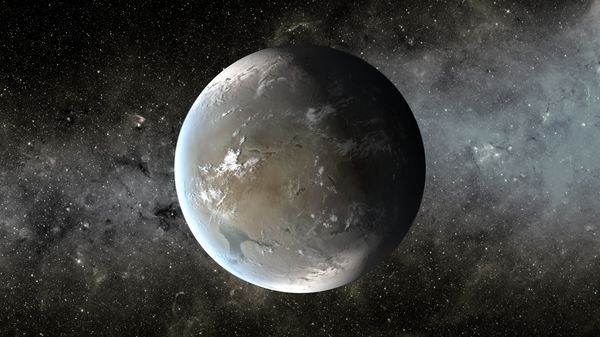NASA’s discovery of Kepler-452b, a planet that turns out to be strikingly similar to Earth and its living conditions, has captivated the Chinese populace.
According to a report by the Want China Times, millions of them are ecstatic regarding the possibility of the distant planet’s capacity to host life.
However, the mood has been tempered by the unfortunate realization that they will not be able to visit Kepler-452b.
The planet is also projected to be older than Earth.
China's Twitter-like website Sina Weibo has played the role of a platform for discussions regarding Kepler-452b.
Despite the general excitement among the public, science organizations have expressed a hint of skepticism.
A Chinese science social networking service released an article trying to explain the discovery, saying that even if Kepler-452b has strong similarities with Earth, it still would not be able to accommodate human life.
Guokr.com cited experts from the Search for Extraterrestrial Intelligence Institute (SETI) in the article.
Furthermore, it quoted Doug Caldwell saying "Kepler-452b could be experiencing what Earth will undergo more than a billion years from now, as the Sun ages and grows brighter."
"The increasing energy from its aging sun could be evaporating any oceans, leaving behind large lakes ringed with mineral deposits," Caldwell adds.
Reflecting their disappointment, Chinese netizens took to the Sina Weibo platform.
One user named Yang Haosheng said, "I stayed up the whole night for this?"
"It takes a million years of years to get there. Let's just forget it and go to bed," suggested a certain Hanfei.
On a more positive note, Jizhezhanwang stated that although the discovered planet may not be suitable for human beings, the endeavor of exploration across the universe should be appreciated as it is part of the charm of science.



























